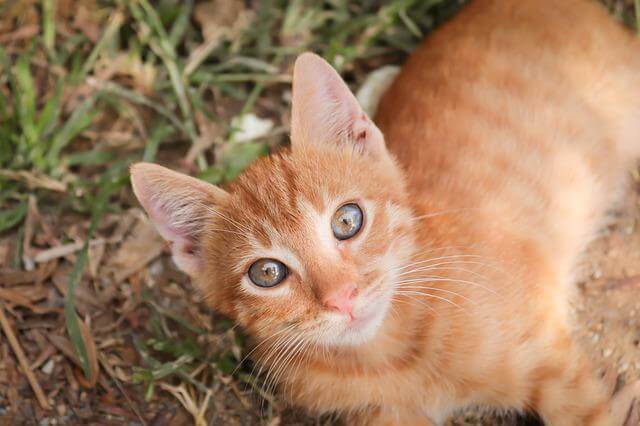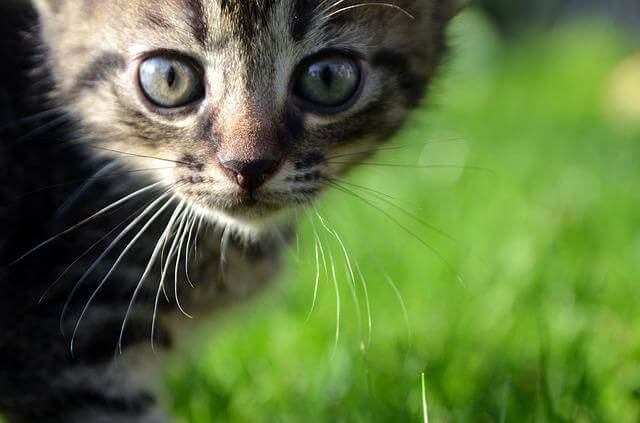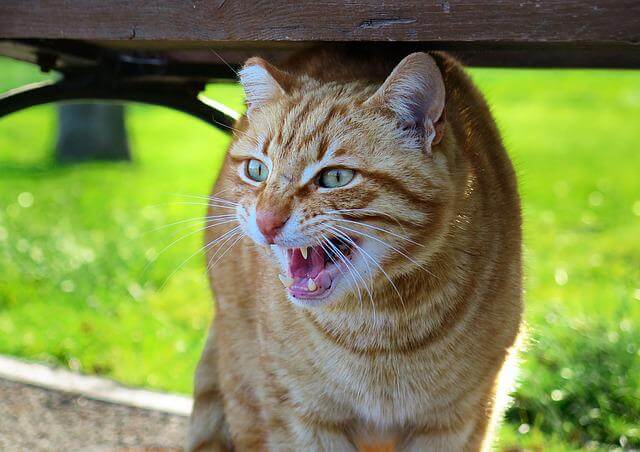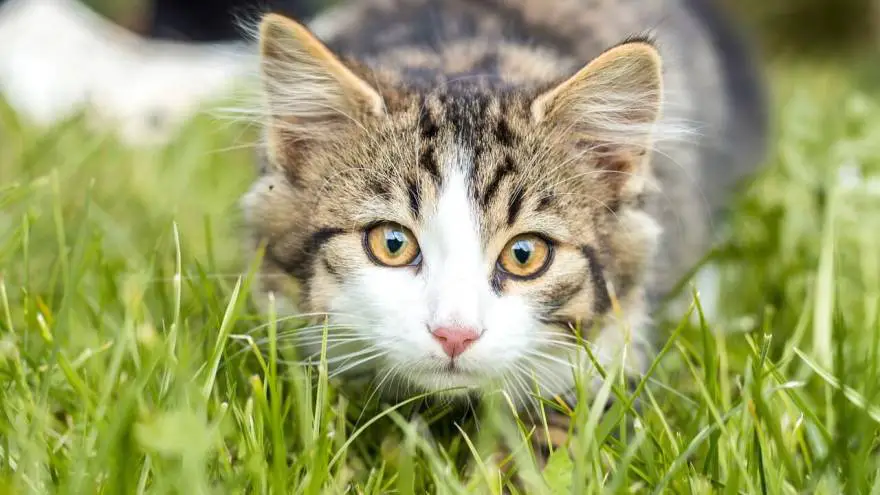Separation Anxiety In Cats - How To Help Your Cat?
03.09.2022.
Separation anxiety is something that is most commonly connected with dogs. Most dogs suffer from separation anxiety since they create a strong bond with their owners, and when they are left alone, they could start experiencing this condition.
Cats are known as independent and a little distanced pets from their owners, so you may think that separation anxiety cannot affect them. However, a recent study showed that around 65% of house cats create a strong bond with their owners, although it may seem cold and distanced.
Considering that your cat can also suffer from separation anxiety, you will have to find a way to help your cat.
What is separation anxiety?
Separation anxiety is known as a condition that can bother your cat when she is left alone. Not all cats will develop it; some may show milder symptoms, while others can have many problems.
You will probably think cats can develop separation anxiety when their favorite person leaves the house. Still, in reality, they could also develop this condition if their favorite pet (cat, dog, etc.) leaves.
Suppose you have a strong bond with your cat and don’t have many opportunities to leave your cat alone for some time. In that case, there could be a situation in which you will be gone for an extended period, and your cat could show symptoms of separation anxiety.

RELATED: Cat Hairballs - What Are They & Can They Hurt Your Cat?
Separation anxiety signs
If you suspect your cat has developed separation anxiety, a few signs can indicate this condition.
Look for these signs:
- Excessive grooming
- Urinating and defecating outside of the litter box
- Eating too fast
- Vomiting
- Excessive vocalization
- Refusing to eat and drink while you are away
- Destructive behavior
- Hyperactivity when you get back home
Some of these symptoms can also indicate other health problems, and the best thing you can do, if you notice any, is to talk to your vet.
What can cause separation anxiety in cats?
It is important to emphasize that every cat can end up with separation anxiety, although some cats have a predisposition. Researchers found that some patterns in cats’ life can determine if cats will develop separation anxiety.
Here are the most common cases when your cat could develop separation anxiety:
- Environmental changes – moving to a new place, change of ownership, new pet in the house, etc.
- Your cat is the only pet
- Your cat was weaned too early
- Your cat is living just indoors
- Your cat is a female
Of course, if any of the listed things describe your cat, that doesn’t necessarily mean she will develop separation anxiety.

RELATED: Rabies in Cats - Symptoms, Diagnose & Prevention
Diagnosis
Symptoms and signs of separation anxiety can also indicate other health concerns. Your vet will need to take a few tests for an accurate diagnosis. Of course, he will start with physical testing to see if anything is bothering your cat on the outside. Blood and urine tests can also be done.
WORLD CAT FINDER TIP: If you are in this situation, you can record your cat when she starts exhibiting any of the listed symptoms. That way, you will make it easier for the vet to diagnose the correct issue.
How to help your cat?
Since we live in a modern world, you can do many things to help your cat battle separation anxiety. Most of these tips proved to work with cats; you only need to find what will work best for your cat.
These are some of the things you can do to help battle separation anxiety for your cat
- Start with shorter absences and gradually increase the time you are gone
- Leave a tv on for your cat
- Provide your cat with toys and puzzles to occupy her while you are gone
- Hide their favorite toys for your cat to find them
- Hire a sitter to come and play with your cat at some point during the day
- Don’t make a fuss about you leaving
- Give all of your attention to your cat once you come back
- Reward your cat for good behavior
This has proven to be a good thing in battling anxiety, and you must find what will work best for your cat. Don’t be discouraged if you don’t solve this problem right away. Be patient and provide your cat will all your attention.
Is there a way to prevent separation anxiety in cats?
Separation anxiety can be prevented in most cases. However, most cat owners don’t think about this until it’s too late. They only start to think about how they can help their cat once she develops separation anxiety.
You will have to provide different things for your cat from an early age so she doesn't develop anxiety.
Here are some things you will have to do:
1. Reward independence
You should allow and stimulate your cat to be more independent. She will need to explore things independently, spend time alone, etc. Always reward your cat for good behavior.

RELATED: Hip Dysplasia In Cats - Symptoms, Treatment & Prevention
2. Don’t make too much noise about leaving
When you do need to leave, keep it low-key. Your cat needs to know that this isn’t a big thing and that you will be back in a second. You should gradually increase the time your cat has to spend alone. That way, she will learn that you will come back home every day.
As you can imagine, it can be a pretty big shock for your cat if you just decide one day that you will be gone for 8 hours, and previously you two didn’t spend time apart.
3. Allow your cat to explore
Even if you own an indoor cat, you should provide her with the opportunity to go outside and investigate. If you are scared that your cat will run away, you can use a leash and harness specially designed for cats. That way, your cat will be safe and will have an opportunity to discover new things.
4. Ask your vet for help
As a cat owner, you need to understand that your vet is your ally and that he is here for you and your cat. Whatever your question, you can ask your vet, who will gladly help you. Since vets do know your cat and her medical history, it can be easier for them to give you a few good suggestions on how you can prevent separation anxiety from affecting your cat.
World Cat Finder Team







Share